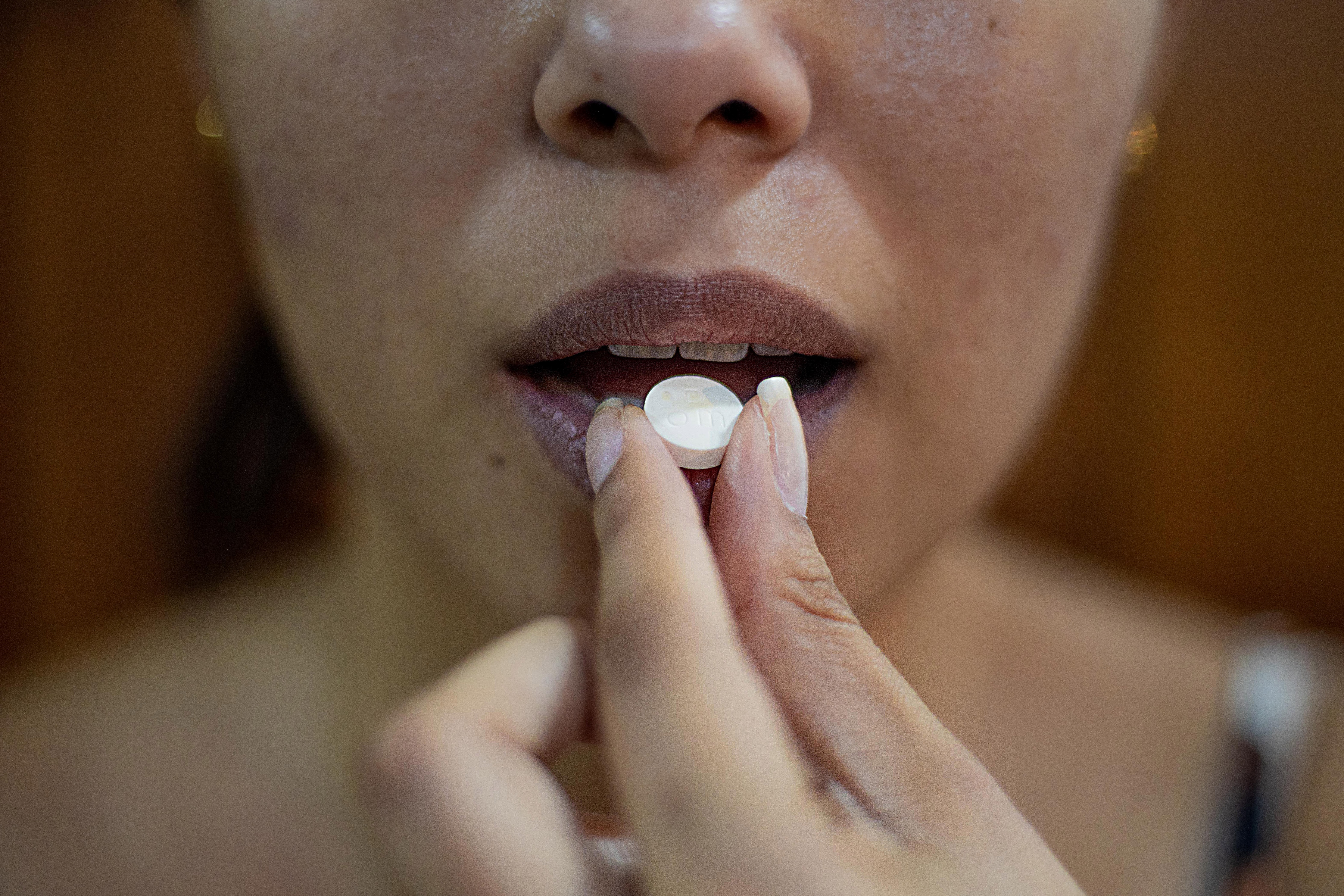Prescription drugs sold in the U.S. are manufactured in facilities located all over the world. Many medications you rely on are made in Australia, Canada, China, India, France, Germany, Japan, Malta, Singapore, Sweden, the United Kingdom, and the United States. Unfortunately, if you live in the U.S., and other countries as well, it can be quite the task to pinpoint exactly where your medication was made because companies are not required to list that information.
Drug companies are only required to list the corporate headquarters on the label, but the actual manufacturing facility and its location are usually elsewhere. Complicating matters even more, many pharmaceutical companies, such as Eli Lilly, GlaxoSmithKline, Merck, and Pfizer, often use contract manufacturers. This means the company distributing the medication is not the one that manufactured it.
One way to do the research is to go to the website of the U.S. National Library of Medicine. You can type in a drug in the search box, and then click on the photo of the drug label. See example: Januvia 25 mg. If you look closely, you’ll notice that the drug was made in the UK.
You can also call the drug company and just ask them. Sometimes they will simply tell you and other times they will not.
We’ve found that some countries are more transparent than others. In Canada, the label often does not specify where the drug is made, but it almost always does on packaging in Turkey.
In terms of your safety, wherever the manufacturing location, it is crucial to your health that you take lawfully and properly-manufactured drugs.
Oversight in the U.S.
Regardless of where they are made, drugs sold in the United States must comply with FDA’s rules, which require that drugs are made with good manufacturing practices to assure quality and that products are labeled properly to help you safely use them. Domestic and foreign manufacturing plants that manufacture medications for distribution in the U.S. are usually but not always inspected for compliance with FDA regulations (Source: U.S. Government Accountability Office).
Oversight in Canada and Other Highly-developed Countries
Although requirements vary across different countries, the most economically advanced countries usually have similar regulations to the U.S. when it comes to manufacturing. For example, Canadians count on their government to regulate medications approved for sale in Canada through Health Canada’s Therapeutic Products Directorate, Canada’s equivalent to the U.S. FDA.
It’s important to note that the U.S. recognizes 25 countries (including Australia, Canada, New Zealand, United Kingdom) as having comparable regulatory oversight as well as pharmaceutical regulatory systems comparable in sophistication and stringency to that of the U.S. This is a premise widely supported by the FDA and the American pharmaceutical industry. Many medications sold in those countries are actually made in the U.S.
The bottom line is that it is not always easy to determine where a product is manufactured. Your pharmacist is an excellent source for information regarding the medication that he/she dispenses, but we also encourage people to take control of their health and do their research.
Photo by danilo.alvesd on Unsplash

